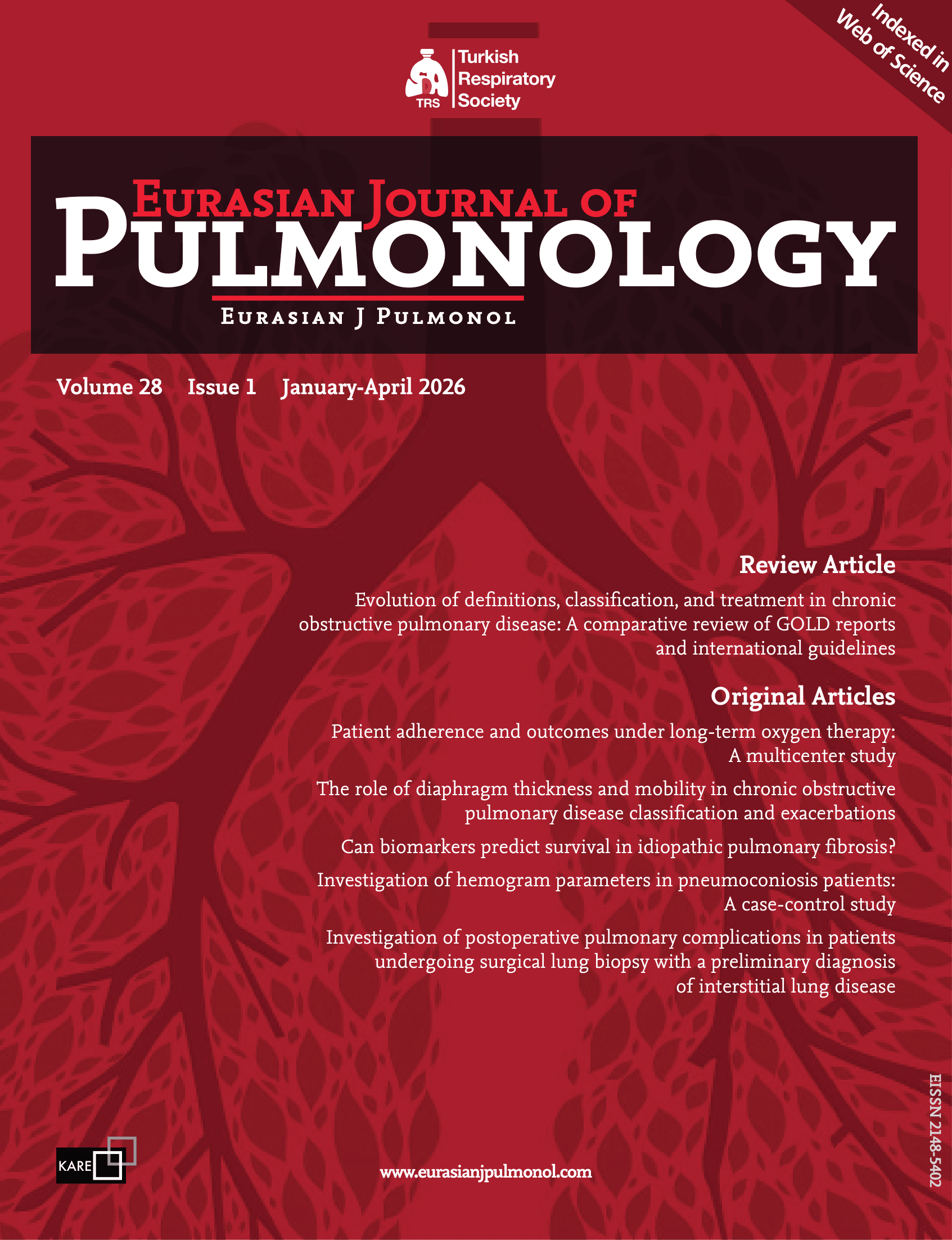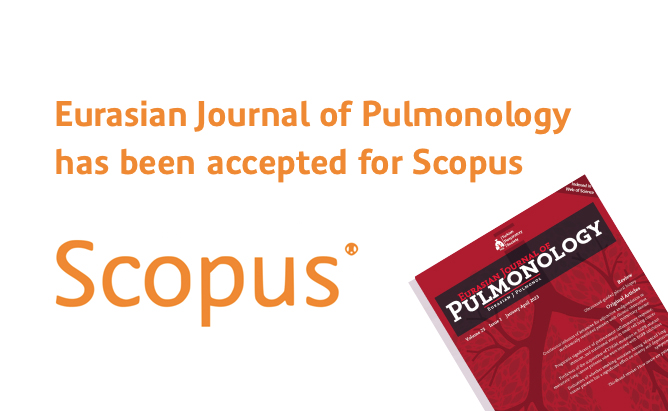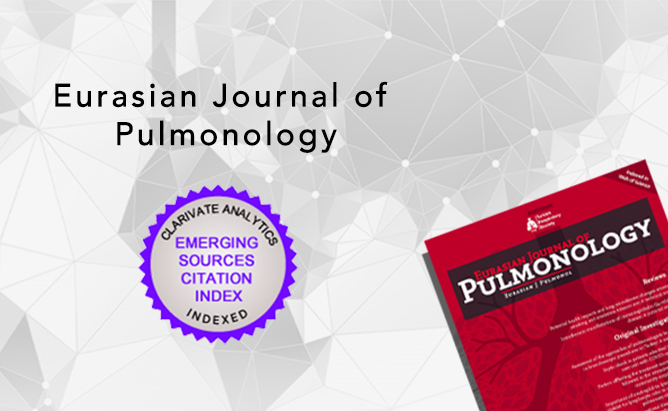2Department of Econometrics , Trakya University, Edirne, Türkiye
3Department of Infectious Diseases and Clinical Microbiology, Trakya University Medical Faculty, Edirne, Türkiye
Abstract
BACKGROUND AND AIM: Sleep disturbances are common during Coronavirus Disease 2019 (COVID-19) infection. “Coronasomnia” is a concept used to identify sleep disturbances observed during the pandemic. Although coronasomnia has been described during and after coronavirus infection, no data on sleep disturbances seen after vaccinations have been found. The aim of this study was to detect the prevalence of sleep disturbances observed after COVID-19 vaccinations (specifically CoronaVac).
METHODS: In April 2021, healthcare personnel who had received the CoronaVac vaccine were administered questionnaires to investigate potential adverse effects of the vaccine and any sleep disturbances.
RESULTS: The study included 787 individuals, of whom 506 (64.3%) were women. The mean age was 35±9.6 (19–65) years. 303 (38.5%) healthcare workers reported adverse effects after vaccination. The most common adverse effects were exhaustion, muscle pain, and headache. At least one sleep disturbance (difficulty falling asleep, frequent awakening, difficulty maintaining sleep, excessive daytime sleepiness, and need to use sleeping pills) that did not exist before vaccination but occurred afterwards was found in 86 (10.9%) participants. Women had higher insomnia scores than men (p=0.02). An important result of the study is that the insomnia scores of healthcare workers who had COVID-19 are statistically higher than those who did not (p=0.02).
CONCLUSIONS: Adequate sleep is important for both protection from infection and the immune response against infection. Although coronasomnia developing after the COVID-19 variant that was identified at the beginning of the pandemic is well-defined, we believe that effects such as sleep disorders that may develop after vaccination should be monitored in the long term and in a large population.




 İlker Yılmam1
İlker Yılmam1 




